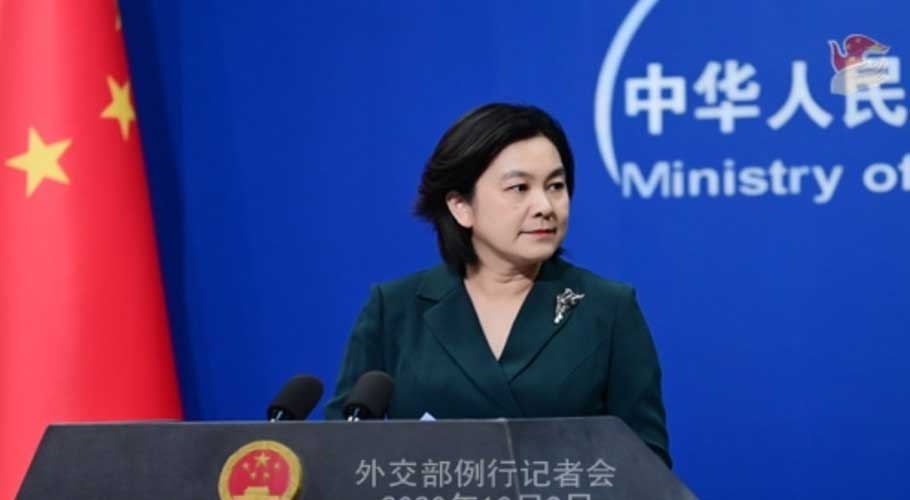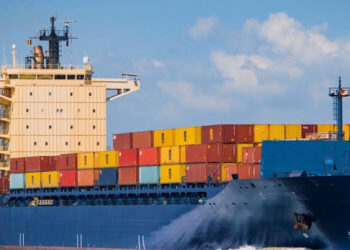![]() Follow Us on Google News
Follow Us on Google News
BEIJING: China has appreciated Pakistan for its support on matters related to Hong Kong during a debate at the United Nations General Assembly’s (UNGA) Third Committee earlier this week.
Earlier this week, Pakistan had said that Hong Kong’s affairs were an internal matter of China and underscored the importance of not interfering in the domestic affairs of sovereign states.
In this regard, Chinese Foreign Ministry Spokesperson Hua Chunying at a regular press briefing said, “We want to express our appreciation to Pakistan and all these countries for speaking out for justice.”
“Their support once again proved that justice will always prevail and a small number of western countries who attempted to smear China under the pretext of Hong Kong and Xinjiang issues failed again,” she added.
The spokesperson further said that more than 70 countries voiced their support on China’s relevant positions, adding that so far 57 countries have co-signed a joint statement on Hong Kong-related issues.
“Pakistan and Cuba have spoken on behalf of these countries in support of China’s formulation and implementation of the law on safeguarding national security in the Hong Kong Special Administrative Region (HKSAR),” said Hua.
She added that the countries commended the measures in Xinjiang for combating terrorism and radicalisation and protecting the human rights of all ethnic groups.
“They expressed their firm opposition to the politicisation of human rights issues, application of double standards, groundless accusations against China, and unjustified interference in China’s internal affairs,” she added.
Pakistan’s Permanent Representative to the UN Ambassador Munir Akram had made the comments in response to a statement by Germany urging China to respect the rights of Uighur Muslims and expressing concern about the political situation in Hong Kong.
Germany’s UN ambassador Christoph Heusgen had urged China to allow UN rights observers immediate, meaningful, and unfettered access to Xinjiang.
In July, China approved a contentious national security law that allows authorities to crack down on subversive and secessionist activity in Hong Kong, a move decried by Western nations as a threat to the financial hub’s freedoms.































